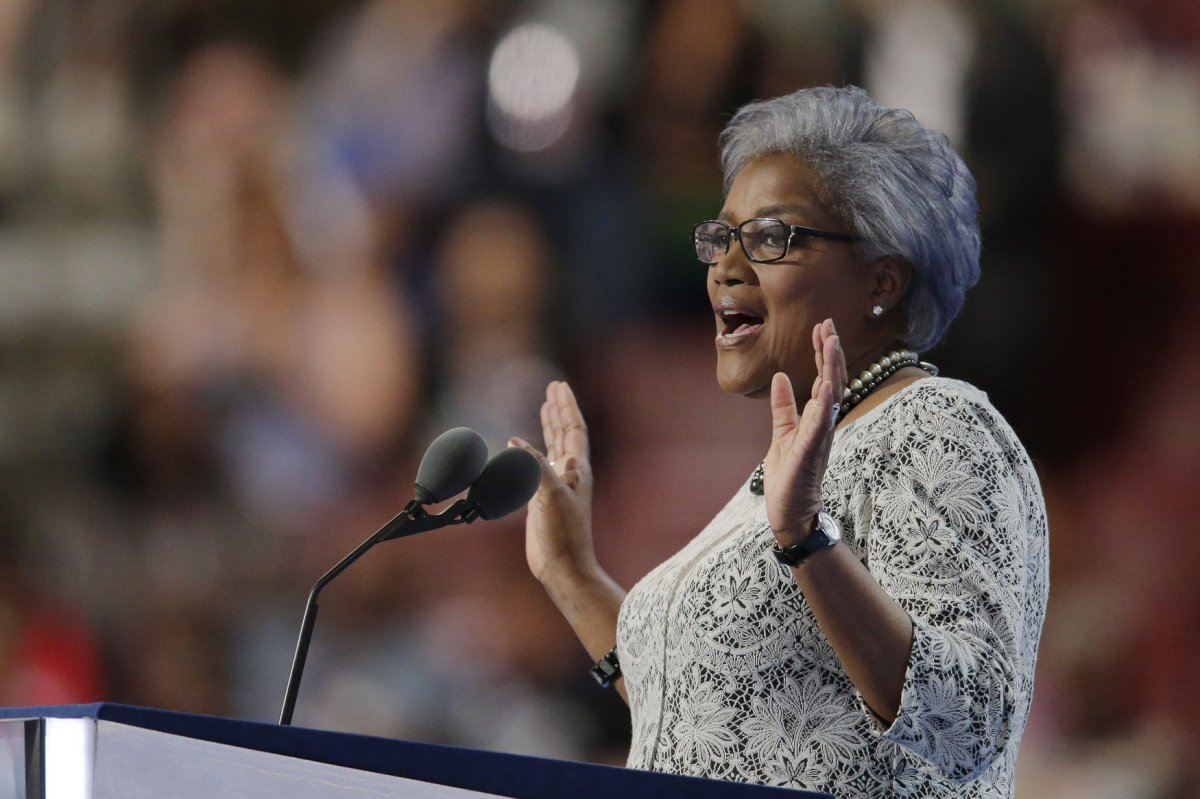
Dec. 3 (UPI) — A key panel of the Democratic National Committee has voted to change the lineup of states voting in presidential primary elections as part of an effort to increase the diversity of the early primary electorate.
The DNC’s Rules and Bylaws Committee voted Friday in favor of changes to the primary voting lineup proposed this week by President Joe Biden.
The changes are part of the party’s effort to hold primary votes before Super Tuesday in more diverse states. Under the proposed changes, Georgia and Michigan would now be included in the first five states to vote.
The changes effectively strip the Iowa caucuses of the kingmaker status they held for decades as the first state to vote in Democratic primaries.
The panel accepted a slightly revised version of Biden’s proposal, which will see South Carolina’s primary held on Feb. 3, followed by Nevada and New Hampshire on Feb. 6, Georgia on Feb. 13, and Michigan on Feb. 27.
The changes still must be approved by the full DNC in a vote set for early next year.
“Too often in the past fifty years candidates have dropped out or had their candidacies marginalized by the press and pundits because of poor performances in small states early in the process before voters of color cast a vote,” said Biden in a letter to the rules committee. “That is unacceptable in 2024 and it must change.”
In seeking the changes, Biden took aim at notoriously obtuse caucus system in Iowa.
“Caucuses — requiring voters to choose in public, to spend significant amounts of time to caucus, disadvantaging hourly workers and anyone who does not have the flexibility to go to a set location at a set time — are inherently anti-participatory,” he wrote.
Most committee members welcomed the move away from the longstanding primary lineup, justifying them in the name of representation.
“We hold on to traditions because they give us a sense of security sometimes, sometimes we hold on to traditions because they give us a foundation from which we grow, but as many of us know on this committee we believe traditions can be passed down and transferred, especially when you’re opening up new doors and you’re helping to expand the electorate so that every American can enjoy full citizenship,” said rules committee member Donna Brazile.
“I applaud president Biden’s commitment, not only to diversity, but for embracing the values of who we are as Americans,” she added.
Panel members by-and-large endorsed the idea that the shakeup would create a more representative sample of the American electorate.
“Our candidates, when we run them through this gauntlet, have to show us first and foremost that they get our loyal base, but then they’ve got to show us that they can move to a Hispanic base, which is not quite as loyal but still very big,” committee member Elaine Kamarck said Friday.
“They’ve got to show us that they can win those suburbs in Georgia that are so vibrant and growing and that contain a lot of college educated white women, who are often with us but sometimes not, we can’t take them for granted,” she added.
The changes, however, received pushback from Iowa’s panel member, Scott Brennan, who argued the state’s Democrats are seeking to overhaul the caucus system.
“I have the deepest respect for the president and his principals, but the characterization of caucuses set forth in his letter did not reflect any acknowledgment of the historic changes we propose to the Iowa caucuses,” Brennan said.
With only the committee members from Iowa and New Hampshire opposing, the panel voted overwhelmingly to adopt the changes.
